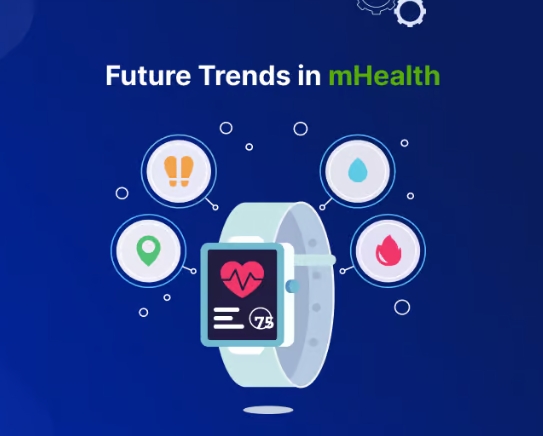In the rapidly evolving landscape of healthcare, mobile health technology, or mHealth, is playing a pivotal role in revolutionizing patient care. From tracking vital signs to facilitating communication between patients and healthcare providers, mHealth is making healthcare more accessible, efficient, and personalized than ever before.
Improving Care Coordination
One of the key benefits of mHealth technology is its ability to improve care coordination. Through the use of mobile apps and wearable devices, healthcare providers can more easily track and manage patient data in real-time. This enables better communication between members of the healthcare team, leading to more coordinated and effective care for patients.
Empowering Patients
mHealth technology empowers patients to take control of their own healthcare. With the help of mobile apps, patients can track their own vital signs, monitor their progress, and communicate with their healthcare providers more easily. This increased autonomy and access to information can lead to better outcomes and increased patient satisfaction.
Enhancing Remote Monitoring
Another significant advantage of mHealth technology is its ability to enable remote monitoring of patients. This is particularly important for patients with chronic conditions who require frequent monitoring and follow-up care. Through the use of wearable devices and mobile apps, healthcare providers can track patients’ progress and intervene when necessary, leading to better health outcomes and reduced hospital visits.
Ensuring Accessibility
mHealth technology also helps to bridge the gap in healthcare accessibility. In remote or underserved areas where access to healthcare facilities may be limited, mobile health apps can provide vital resources and information to patients. This can help improve health outcomes and reduce disparities in healthcare access.
Challenges and Opportunities
While mHealth technology offers numerous benefits, there are also challenges that need to be addressed. These include issues around data privacy and security, as well as the need for regulatory oversight to ensure the safety and efficacy of mobile health apps.
Overall, the future of healthcare looks bright with the continued advancement of mHealth technology. By leveraging the power of mobile technology, healthcare providers can deliver more personalized, accessible, and efficient care to patients, ultimately leading to improved health outcomes and a more sustainable healthcare system.

